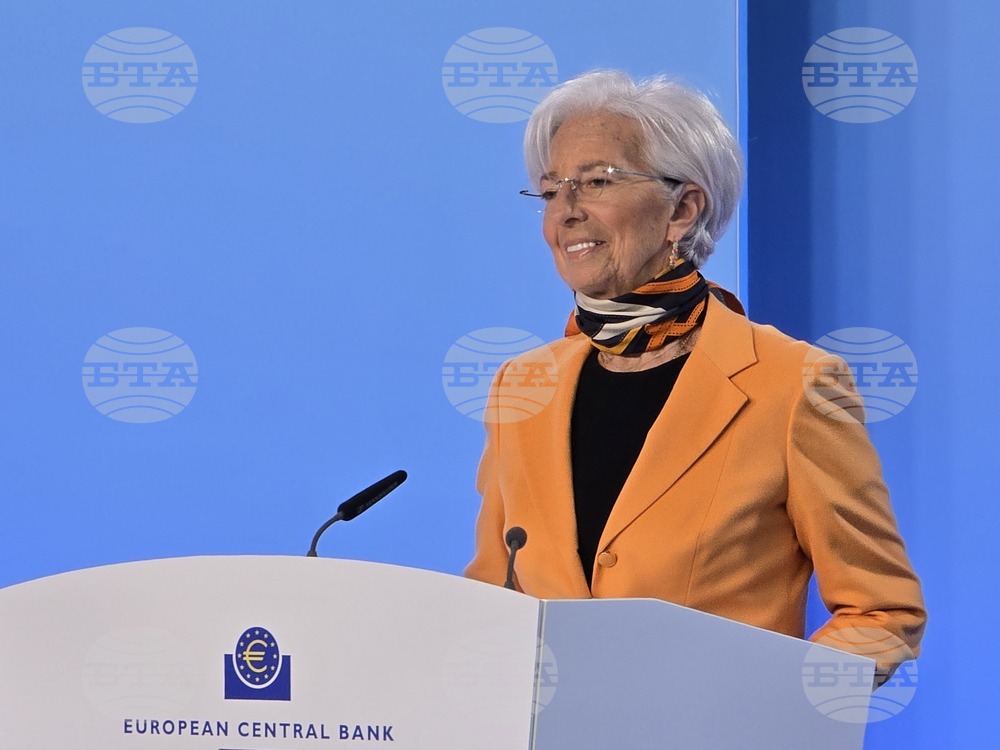site.btaBulgaria to Have a Say in Eurozone's Monetary Policy, Benefit from Euro's Stability - ECB President


The European Central Bank (ECB) warmly welcomes Bulgaria's accession to the euro area on January 1, 2026, when the country will become a full member of the monetary union, ECB President Christine Lagarde in an interview with Bulgarian National Television, broadcast on Sunday evening. Bulgaria will benefit from the stability, liquidity, and advantages of the single currency, she added.
Lagarde noted that as a result of the accession, Bulgaria will have a permanent seat on the ECB Governing Council, with BNB Governor Dimitar Radev representing the country, having the right to vote and express his opinion, and participating in monetary policy decisions to be taken in Frankfurt. In September, the Bulgarian central bank's governor participated as an observer in a meeting of the ECB Governing Council.
Lagarde explained that the transition to the euro means that Bulgarian citizens and businesses will be able to make money transfers, travel, and conduct transactions anywhere in the eurozone without having to exchange money. They will not have to think about exchange rate fluctuations, whether the lev is cheaper or more expensive, or at what rate it will be exchanged. The currency will be the same for all eurozone countries, Lagarde pointed out, adding that this provides flexibility and stability because of the euro's exact value being known. It is a strong currency, considered the second reserve currency in the world, she added.
For banks, eurozone membership means greater stability, access to more liquidity, participation in a larger group of banks, as well as supervision that is organized consistently and coherently within the system, the ECB President noted.
When asked about citizens' questions and concerns regarding prices and inflation related to the replacement of the lev with the euro, Lagarde commented that change always causes concern. In her words, ultimately some things may turn out to be a little more expensive because of the change, there are small discrepancies, but overall in the longer term there are no significant changes.
Institutions can do a lot to prevent abuse during the transition from the lev to the euro, Lagarde added. The institutions must enforce the rules because the principle is conversion without any upward or downward variation from the consumer's point of view. That is why they must really enforce compliance with the rules and ensure that large department stores, but also cafes and small shops, comply with them and do not take advantage, said the ECB Governor.
In the interview, she also said that she had never been to Bulgaria. Lagarde will visit Sofia on the occasion of the country's accession to the euro.
/DS/
news.modal.header
news.modal.text